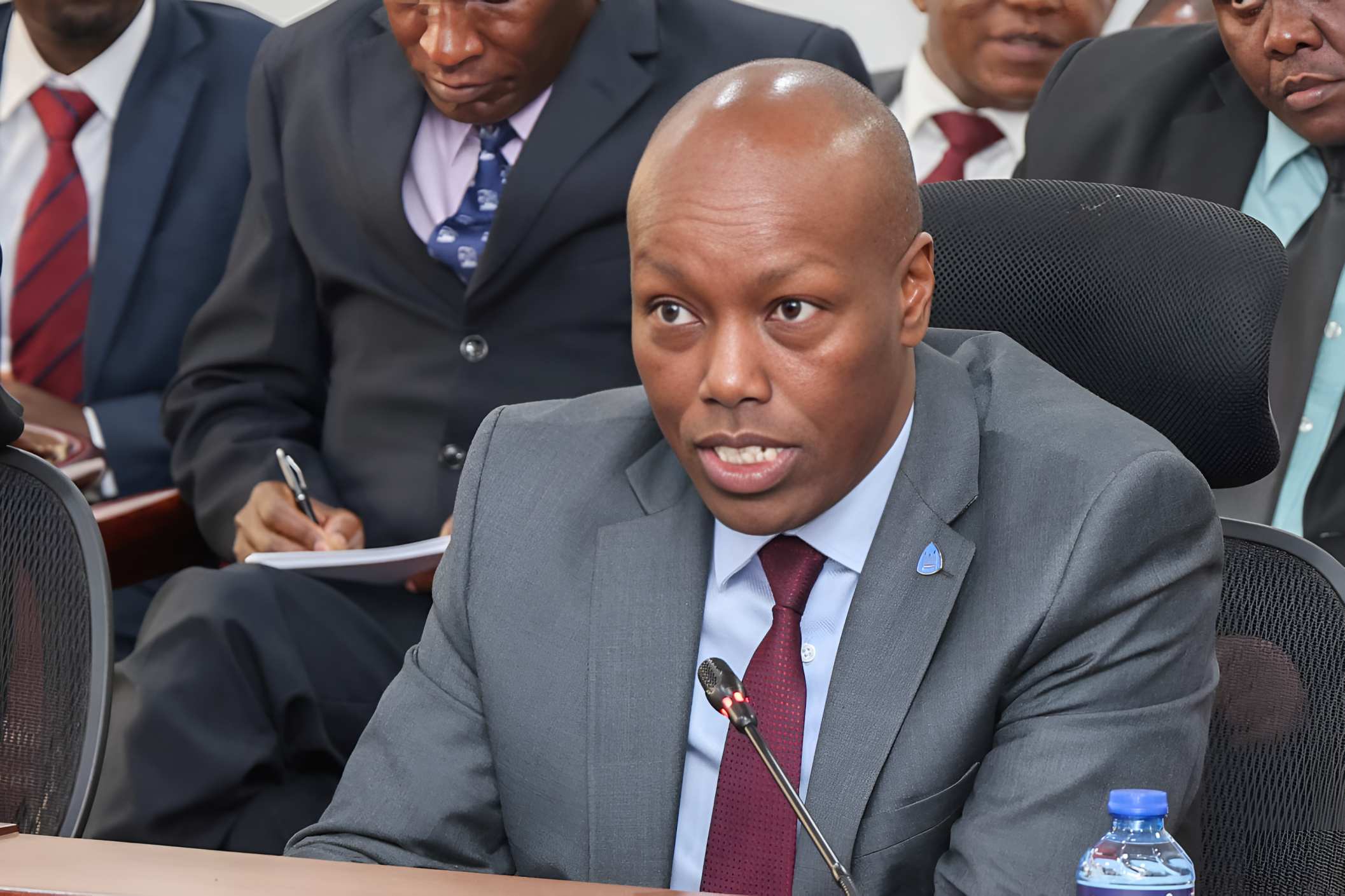Trade and Investments Cabinet Secretary Lee Kinyanjui has assured that Kenya is well-positioned to take advantage of shifting global trade dynamics despite challenges with energy costs, red tape, and logistics.
Speaking in an interview on Citizen TV’s The Explainer on Tuesday night, Kinyanjui noted that Kenya’s competitive edge lies not only in its relatively low tariffs but also in its youthful workforce, wide trade agreements, and nearly 93% renewable energy mix.
“A difference of 5% in tariffs can wipe out your market, but Kenya has other huge advantages,” the CS said. “We have young, educated people with the right work ethic, labor that is almost a third of Europe’s cost, and trade agreements that give access to markets in the UAE, the European Union, and soon, China.”
Kinyanjui acknowledged high energy costs and bureaucratic inefficiencies that exporters have long complained about, but insisted reforms are underway.
He highlighted plans for a Uniform Licensing Bill to curb double taxation across counties and the expansion of online government services to reduce human interference in business registration and export processing.
On standards, he emphasized the government’s new push to connect trade agreements directly to farmers and manufacturers.
“In the past, we signed the big deals but never took them down to the smallholder farmer or SME. Now, we are holding county tours to explain the standards, seasons, and opportunities available so that even someone with three acres can plug into global value chains,” he said.
Kinyanjui also pointed to opportunities in intra-African trade under the African Continental Free Trade Area (AfCFTA), calling out the current 16% intra-African trade rate as “the lowest in the world.”
“There’s a direct connection between how well you trade with yourself and poverty levels. For Africa to prosper, we must buy from each other before going abroad,” he said, citing new local-currency payment systems designed to reduce dependence on the US dollar.
The CS further defended the government’s push for county industrial parks, saying they are crucial for aggregation and value addition, particularly in agriculture.
He urged counties to accelerate progress to reduce post-harvest losses and boost exports.
He further urged Kenyans to embrace locally made products, noting that much of the apparel exported from Kenyan factories returns as both new and secondhand imports.
“There is nothing we cannot produce here. The missing link is scale and mindset, our designers and manufacturers can compete globally if we support them with market access and lower costs of doing business,” he said.
On trade with the United States, Kinyanjui said negotiations on a new post-AGOA trade framework were on course but stressed that Kenya will not cede ground on national interests.
“We are balancing carefully. Negotiations are ongoing, and details remain under NDA,” he noted.
He maintained that industrialization remains central to the Bottom-Up Economic Transformation Agenda (BETA), with the government providing incentives such as duty-free importation of manufacturing equipment and support for youth innovators.
“We want to build a country where our people are not just consumers, but producers,” the CS said.
